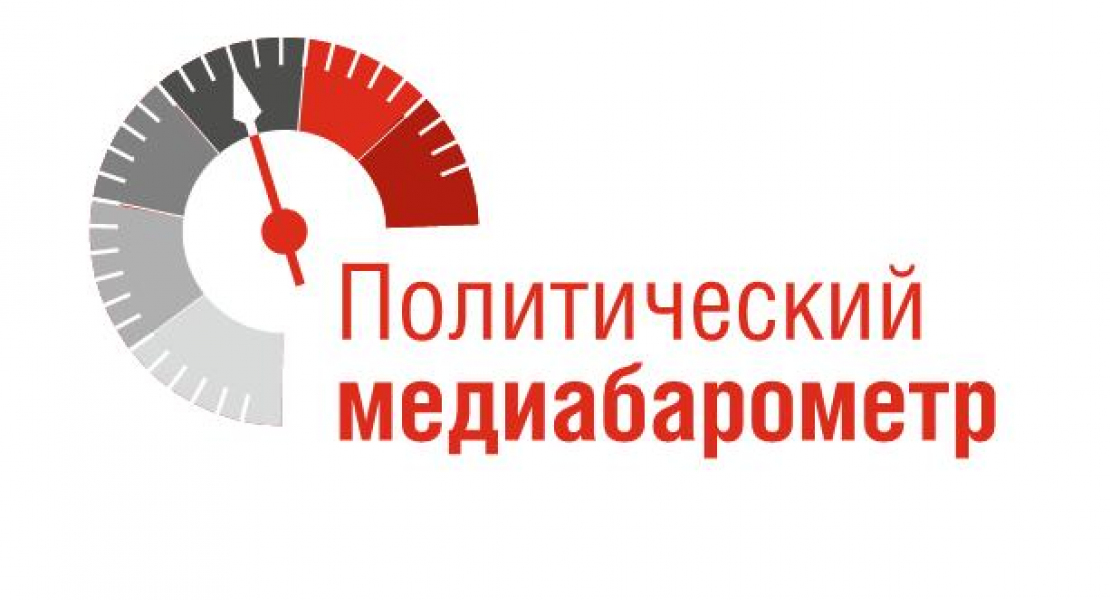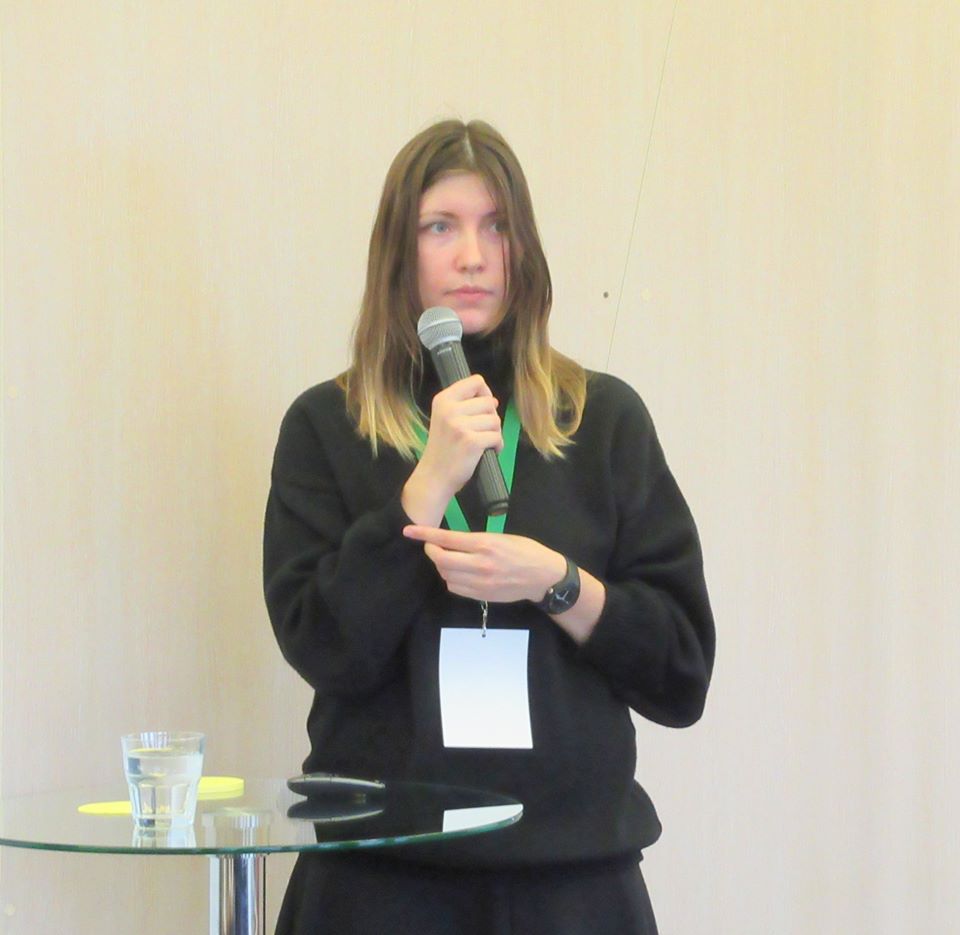BISS presents the second public issue of our new quarterly report— BISS Political Media Barometer. This report covers the communication of the political forces in the media during the entire 2012 Belarusian Parliamentary election period (July, 1-September 23).
The authors of the BISS Political Media Barometer benefitted from the insightful comments and advice from its international Board, comprised of: Wojciech Borodzicz-Smolinski (Center for International Relations, Poland), Kristina Vaicunaite (Eastern Europe Studies Center, Lithuania), Donna Victoria (Victoria Research and Consulting, USA), Denis Volkov (Levada Center, Russia) and other anonymous reviewers
Main conclusions:
1. Proactive and passive communications in decline, while the reactive communication grows.
One quarter of the opposition’s total political communications was proactive. ‘Proactive’ here stands for initiating something new and reporting it in the media. Surprisingly, proactive communications in this quarter dropped slightly (5 percent) from the last quarter, a finding contrary to the preliminary assumption that the campaign period would increase the level of proactive communications by the political forces.
2. Need for political communications to be more relevant to ordinary citizens.
The independent political forces tend to overemphasize topics related to their internal functioning or the internal politicking of the opposition, which have a doubtful level of importance to most Belarusians. We stand by the hypothesis presented in our previous report that this gap is a significant contributor to the opposition’s difficulty in gaining traction with ordinary citizens.
3. Slight increase in the diversity of political representation in the media.
During the election period we observed a slight increase in the diversity of speakers representing political forces. Regional leaders and a greater number of tier two national leaders were given opportunities to speak on behalf of their political organizations. The increased diversity in political communications is most likely due to the elections and the presence of a variety of political figures running for office or advocating for boycott.
4. Grand boycott/participation debate: boycotters get more coverage.
Summer 2012 was marked by ‘a grand boycott debate’ in the Belarusian opposition. Some forces called their supporters to ignore the election given its unfair nature and flawed and predictable outcomes. Acknowledging the unfair nature of the elections, the other forces nevertheless promoted their candidates and fought for public support and votes for their candidates until the very end.
The quantitative index of the individual politicians favoring boycott exceeded the index of those in favor of participation. This does not necessarily mean the boycotters did a better job at media outreach. The results could reflect a number of things including: a) the boycott campaign may have been a more interesting story to the media because it represented a change from the norm, b) boycotters had more groups aggressively working with the media (BChD, AHP, European Belarus), whereas only Tell the Truth and For Freedom tried to improve their outreach, c) media seemed disinterested in covering campaign activities or events of candidates.
Read the English or Russian text of the BISS Political Media Barometer in PDF



